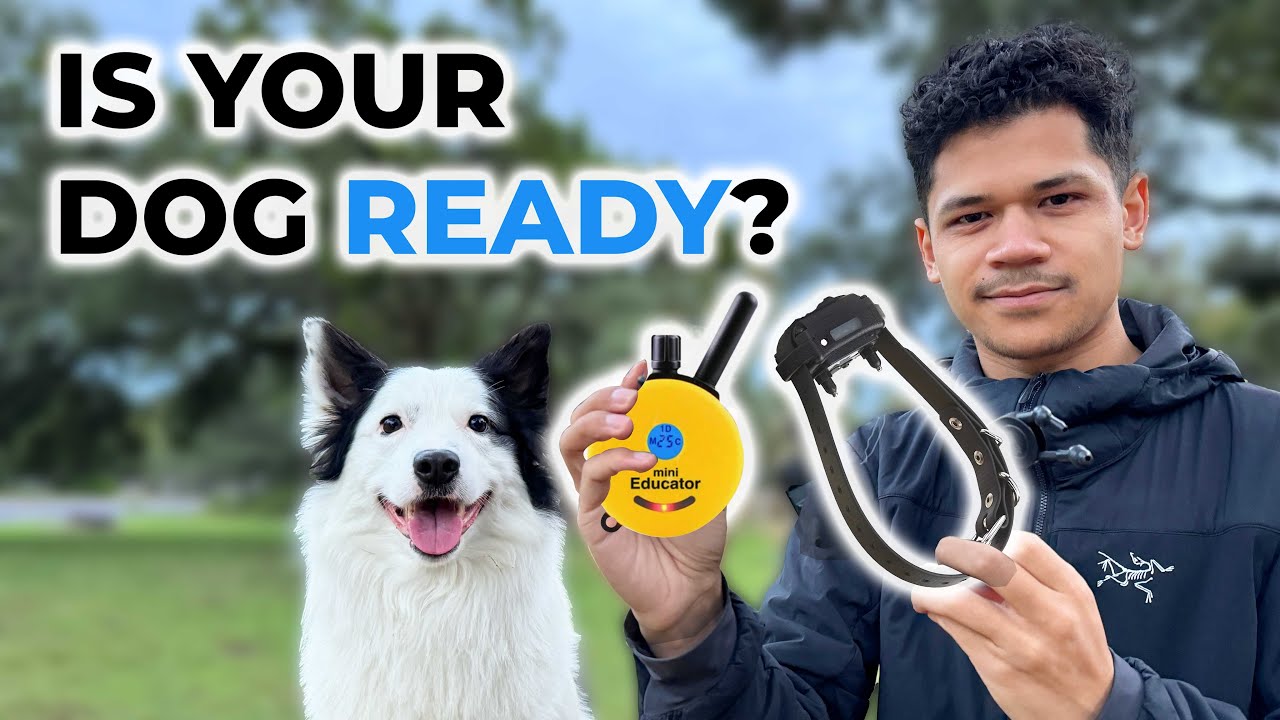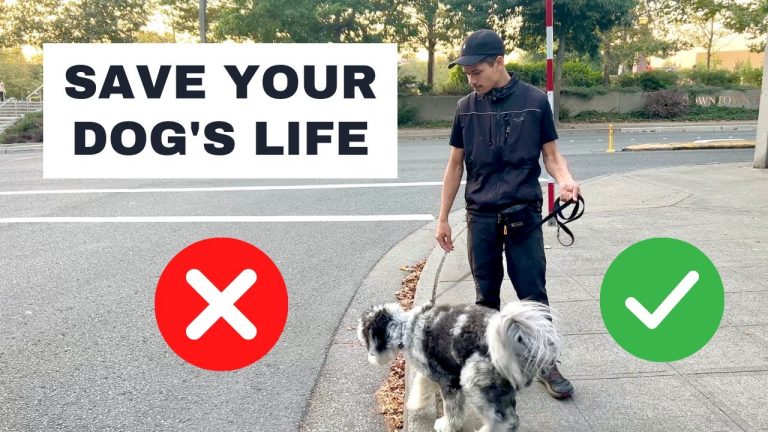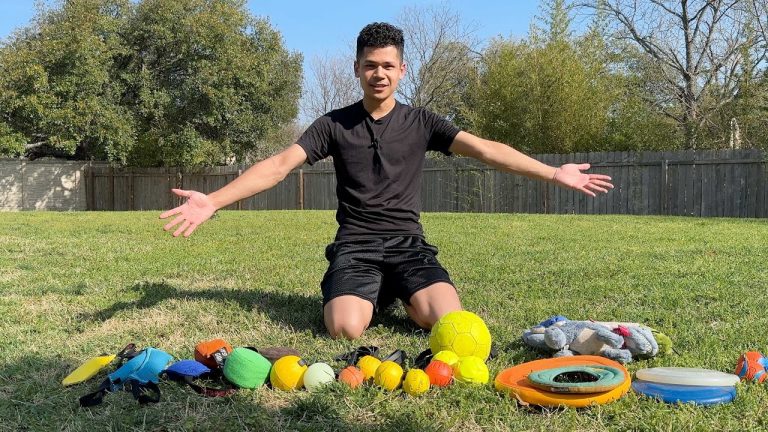Is Your Dog Ready for E-Collar Training?
When considering if their dog is ready for e-collar training, one must evaluate various factors to ensure a successful training experience.
Is Your Dog Ready for E-Collar Training?
Introduction:
In the realm of dog training, the efficacy of e-collars has sparked both praise and controversy. One video that has garnered attention in this space is the one created by Hamilton Dog Training. But amidst the buzz, the pressing question remains: Is your furry companion truly ready for e-collar training?
Mac’s Story: Overcoming Reactivity
- Mac, an Australian shepherd, once epitomized reactivity towards other dogs.
- Through diligent training, Mac transformed into a well-mannered and composed canine.
The Pitfalls of Misconception
- The big mistake people often make with e-collars is placing blind faith in the tool’s ability to magically rectify behavioral issues.
- In reality, e-collars are just tools; they do not substitute the need for improving the handler’s skills.
Enhancing Communication through Tools
- Contrary to common belief, tools like e-collars serve to amplify the handler’s capacity to communicate effectively with their furry counterparts.
- However, relying solely on tools without addressing fundamental skills can exacerbate behavioral challenges.
The Training Hierarchy
- It’s paramount to commence training on a leash, focusing on mastering obedience and communication before delving into the realm of tools like e-collars.
- A foundation of perfect obedience and behavioral comprehension sets the stage for a seamless transition to off-leash training.
Cautionary Measures
- Utilizing an e-collar on a dog with incomplete training or underlying behavioral issues could yield counterproductive results.
- The crux lies in prioritizing the enhancement of the handler’s skills and understanding of dog training methodologies.
Conclusion:
Before embarking on the e-collar training journey with your four-legged friend, it’s imperative to introspect on whether your dog is prepared for this advanced form of training. Remember, the essence of successful training lies not in the tools themselves but in the handler’s proficiency and dedication.
FAQs after Conclusion:
- Is e-collar training suitable for all dogs?
- What steps should one take to evaluate a dog’s readiness for e-collar training?
- Can e-collars cause harm to dogs if misused?
- How long does it typically take to transition from leash training to e-collar training?
- Are there alternative training methods to e-collar training for behavior modification?






